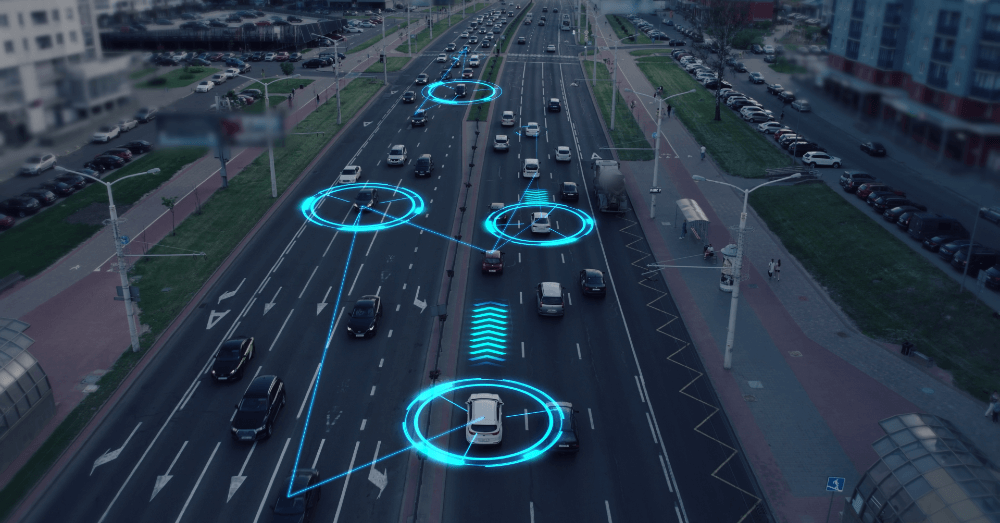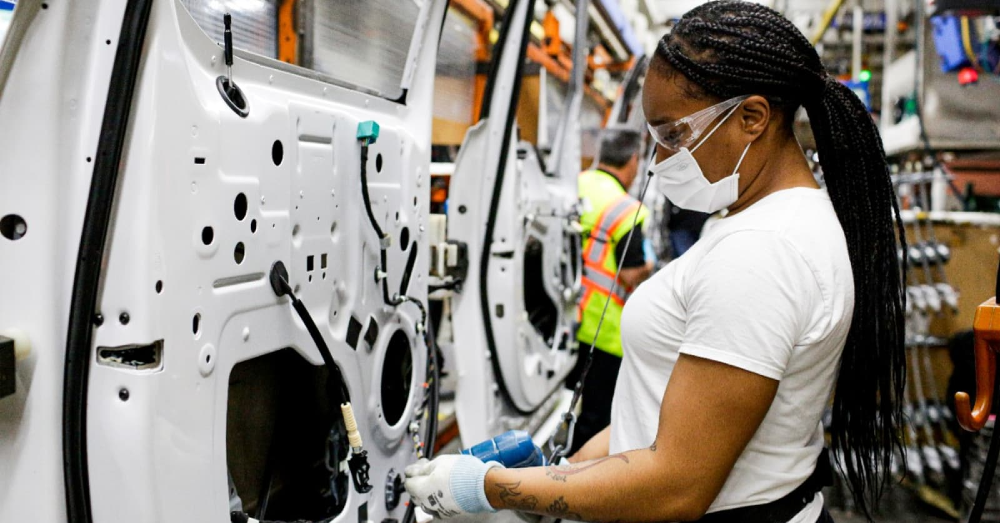
Navigating Data Privacy in Connected Vehicles
Connected vehicles are becoming more common than ever, and the connectivity is more robust than in the past, but does this create some data privacy concerns?
Eventually, we expect all cars to be connected via various cloud-based systems. This connectivity will aid vehicles when they are autonomous in driving without incident as other vehicles provide information to each other regarding traffic, accidents, and construction on the roadways. Despite the usefulness of connected systems, there are certainly some data privacy and security concerns regarding connected vehicles.
Personal data vulnerability
Our personal data and information are sacred to us, and we don’t share them without forethought. Unfortunately, connected systems require data that could include our personal information, which could be vulnerable to personal data theft from hackers and systems. As the movement toward autonomous vehicles grows, more personal data will be shared with your vehicle system, including entertainment preferences, location data, and financial information. This means your banking information could be hacked because you’ve entered it into your vehicle’s system. This is one of the most concerning privacy items with new vehicles and advanced systems.
Dynamic vehicle theft
Most of us have seen videos somewhere online showing a hacker gaining access to a vehicle by using the wireless signal sent between the vehicle and the key fob. This is one of the security vulnerabilities associated with key fobs instead of physical car keys. It won’t be long before hackers are intercepting signals going to cell phones for vehicles that utilize a phone as a key instead of a fob. This may sound like a simple issue since key fobs have been around for a long time, but it’s a concern associated with connected vehicles.
Connections create risks
Many programmers and developers are concerned with developing software that functions well without thinking about how to secure that software. Generally speaking, security is near the bottom of the list in terms of priorities and becomes an afterthought, which leaves many flaws in software vulnerable to hackers. This means cars can be an easy target through cellular networks, Wi-Fi, and physical connections. This will be a challenge going forward as more vehicles become connected and are vulnerable to security breaches.
Hackers taking control
Fast and Furious 8 gave us a bit of a doomsday scenario in terms of hackers taking over critical systems and driving cars without any way for the person in the vehicle to take over. Imagine being on a ride without a known destination; that is what the movie presented. While hackers might not be this sophisticated yet, there is the potential for hackers to take over some of the safety-critical systems, including cruise control, steering, and braking, which would put you in a perilous situation in connected vehicles.
Mobile apps aren’t secure
More than 75% of mobile applications fail basic security tests. Do you really want these apps to invite hackers into your vehicle? Using these apps, hackers could take over some of the connected systems in your car, especially if the infotainment system operates your climate control systems. This could quickly drain the battery in an electric vehicle, which would render it immobile. Imagine this taking place when you’ve driven to the next town for an event, parked for a few hours, only to return to your car to find the battery is completely dead.
Designed security for cars is missing
Historically, the automotive industry hasn’t dealt with cybersecurity risks. The first generations of connected vehicles prove this, but things must get better long before we move on toward autonomous vehicles. The lack of security built into many software and hardware components in vehicles is alarming. There needs to be increased education regarding secure coding practices, rigorous security testing, and continual development. We’re expected to trust over-the-air updates from automakers despite them lacking basic security training; does that sound like it makes sense?
Infotainment systems are the hub of data vulnerability
The in-vehicle infotainment system is an excellent item for providing the entertainment, climate, and connectivity desired. It’s also the hub of your potential security data issues. This is where you’ll put your personal information if you want to watch movies, connect to the internet, or find directions to the next town. Automakers need to increase the security of these systems to ensure they don’t continue to be the center of hacking in your car and the most vulnerable cyber feature of your vehicle.
What are your personal data concerns regarding connected vehicles? Can you see why it should be several years before autonomous vehicles become mainstream?
This post may contain affiliate links. Meaning a commission is given should you decide to make a purchase through these links, at no cost to you. All products shown are researched and tested to give an accurate review for you.



